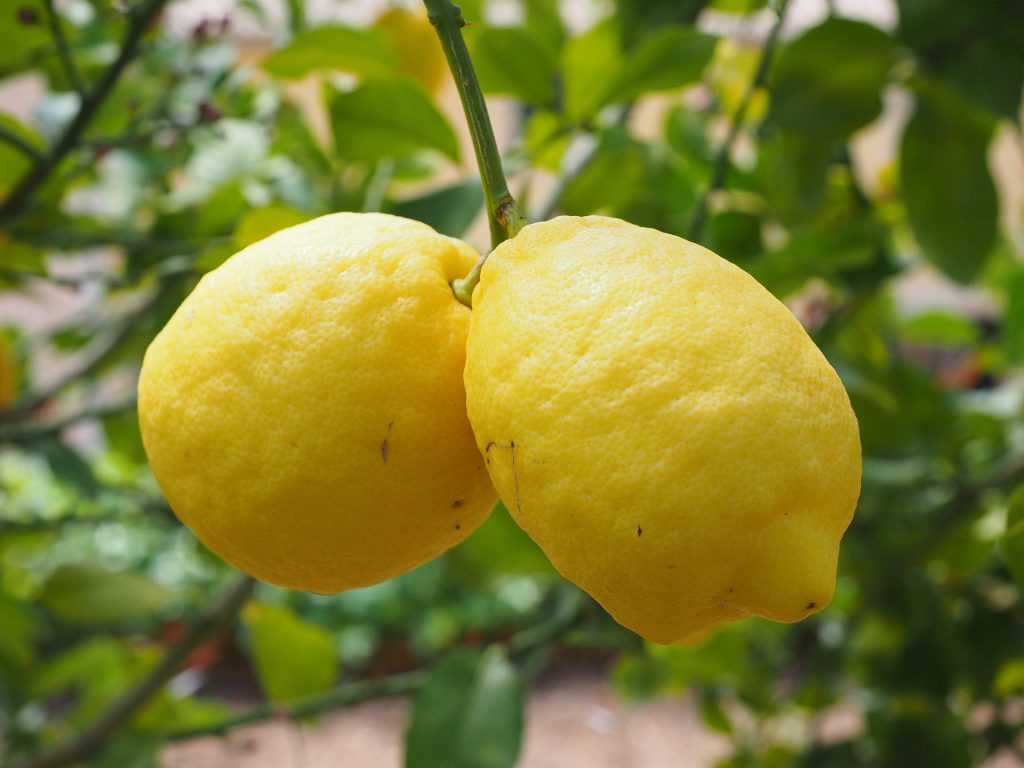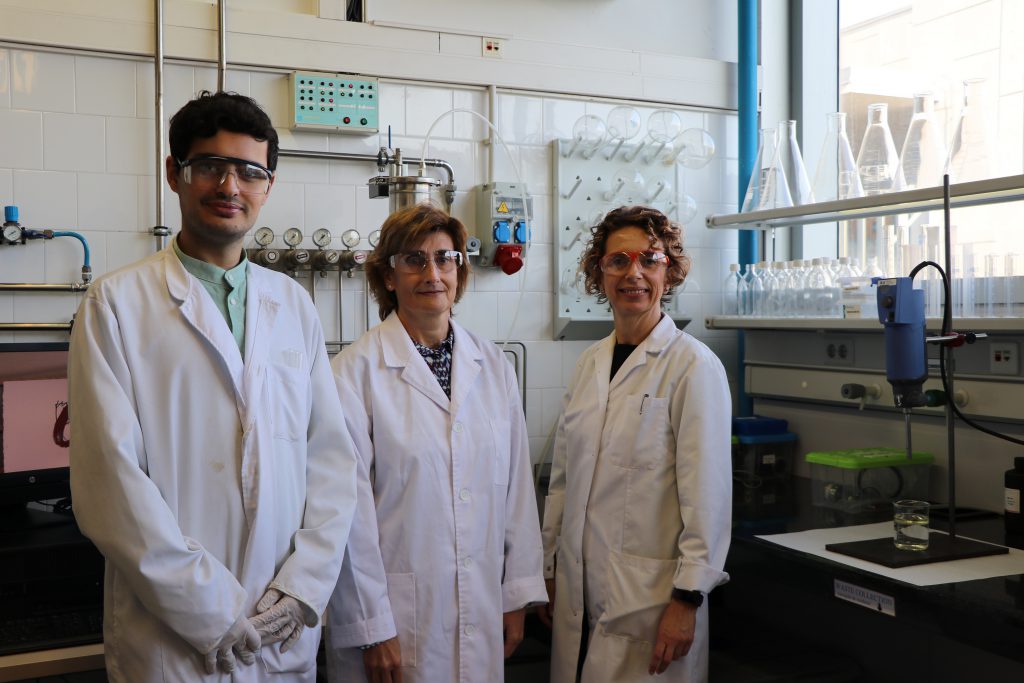15/04/2020
A more efficient and economical system has been designed for encapsulating essential oils
Led by the research staff of the Department of Chemical Engineering, the research has been carried out with lemon essential oil, a product that is extensively used in the food industry

Led by the research staff of the Department of Chemical Engineering, the research has been carried out with lemon essential oil, a product that is extensively used in the food industry
Essential oils are commonly used in the food industry. Lemon essential oil is in high demand in the sector because it contains d-limonene, a natural component that comes from lemon skin and is used above all to aromatise a variety of foodstuffs ranging from beverages and dairy products to confectionery and give them a taste of lemon. However, the manufacturing, storage and packaging processes of food can change its taste and smell. And in some cases taste and smell can be lost completely. To prevent this, there are systems for protecting the lemon oil, which usually involve encapsulating it in emulsions and then drying it. This gives rise to a powder that can be dissolved in water and easily added to food without losing any of its properties. Now a research team from the Universitat Rovira i Virgili, working with the University of Wageningen (Holland), has improved the efficiency of systems for producing lemon oil emulsions by applying a technique based on microporous systems which increase production with less energy than other methods for producing emulsions.
The microporous system developed uses a porous nickel membrane. By applying moderate pressure a mixture of lemon oil and water is passed through the nickel membrane to obtain an emulsion with very small drops of oil (measured in micrometres) all of which are very similar, which makes the emulsion highly stable. The researchers from the Department of Chemical Engineering have applied these systems for the first time to the emulsification of food aromas and they are working on increasing the amount of oil used to produce the emulsion. This system also makes it possible to reuse the metal membrane, which optimizes the production processes.

The improvements they are working on are dynamic membranes of controlled porosity, which consist of a bed of silica spheres supported by the nickel membrane. This new system has also improved the capacity to produce emulsions by controlling the size of the drop. This new model “performs as well as the ones that we have used up to now but at a much lower cost and they are so accurate that we can adjust the settings of the equipment so that we can produce drops of just the right size” says Wael Kaade, one of the researchers who has led the research.
The improvement and optimization of this system also paves the way for its use in other applications of industrial interest. “With this technique we can make emulsions of many other types of aroma. In fact we have already run some tests with sunflower oil, which can be a carrier of aromas such as pizza,” says Kaade.
Bibliographical reference: Wael Kaade , Carme Güell, Aurélie Ballon , Jorge Mellado-Carretero , Silvia De Lamo-Castellví , Montse Ferrando. Dynamic membranes of tunable pore size for lemon oil encapsulation. Food Science and Technology. DOI:https://doi.org/10.1016/j.lwt.2020.109090.
Wael Kaade, Montse Ferrando, Asad Khanmohammed, Carles Torras, Silvia De Lamo-Castellví, Carme Güell. Low-energy high-throughput emulsification with nickel micro-sieves for essential oils encapsulation. Journal of Food Engineering. DOI: https://doi.org/10.1016/j.jfoodeng.2019.07.006
